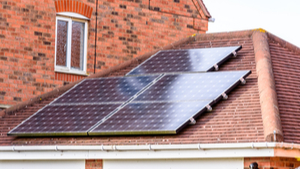 In recent years, if you’ve been environmentally conscious you’ve enjoyed a growing choice of green financial products.
In recent years, if you’ve been environmentally conscious you’ve enjoyed a growing choice of green financial products.
Eco-friendly bank accounts and savings are now commonplace, while it’s never been easier to invest in so-called ESG funds that promise high levels of ethics when selecting companies to back.
Now, there’s even a choice of “green mortgages” that reward you if you own an environmentally sustainable home, or you’re looking to reduce the carbon footprint of your property.
So, is a green mortgage right for you? And are they quite as “green” as they seem? Read on to find out more.
Choice of green mortgages has increased in the last few years
If you own an environmentally sustainable home, then it’s possible that you are eligible for one of a growing range of green mortgages.
These are exclusive deals that lenders offer to borrowers whose homes are eco-friendly. Lenders offer preferential terms if you’re buying either a new-build property that meets certain environmental standards, or one that has been renovated to improve its performance.
Typically, your home would have to boast a confirmed energy efficiency rate of A or B to be eligible for these deals.
In recent years there has been an increase in the choice of “green” mortgages. The Independent reports that there are 26 such deals available in the UK now, compared to just a handful a year ago. The newspaper reports that “best buy” deals include a 1.13% fixed rate for two years for loans up to 60% loan-to-value.
It’s not just small, specialist lenders that are offering these eco-friendly deals. As the appetite for green finance grows, high street lenders are starting to offer green mortgages, with banks such as Barclays and NatWest leading the way.
For example, Barclays will offer you lower mortgage rates if the home you want to buy has an energy efficiency rating of 81 or above. Nationwide offers a similar scheme, where you will benefit from a lower initial interest rate if you spend at least 50% of any additional borrowing you take out on energy-efficient home improvements.
One regional mutual lender – the Monmouthshire Building Society – has even kicked off a research project with the Royal Institution of Chartered Surveyors and Rightmove to design the first UK mortgage that recognises home energy efficiency when it comes to calculating the affordability of the mortgage.
So, a green mortgage might be a consideration if you’re:
- Buying a new-build property which is energy-efficient
- Buying an older property that has been renovated to achieve high energy efficiency.
Green mortgages can offer lower interest rates
One of the reasons that lenders can offer preferential rates to borrowers buying an energy-efficient home is that research shows you’re less likely to be in payment arrears.
Analysis from the Bank of England has found that homeowners living in green homes are more likely to be up to date with their repayments. This is because their homes are likely to have lower energy bills, boosting the homeowner’s disposable income.
Benjamin Guin and Perttu Korhonen from the central bank studied energy performance ratings, borrower income and mortgage arrears of 1.8 million properties. They found that 0.93% of mortgages on energy-efficient homes were in arrears, compared to 1.14% of other home loans.
They concluded that the “energy efficiency of a property is a relevant predictor of mortgage risk”.
Are these deals really as green as they seem?
On the face of it, accessing cheaper mortgages on a less environmentally damaging home looks like a win-win. You benefit from lower repayments while the environment benefits as your home is more energy-efficient.
However, critics say that this ignores the environmental performance of the banks funding these mortgage schemes.
While Barclays describes its green mortgage product as “just one of the ways we support greener choices”, the latest data from leading environmental campaign group the Rainforest Action Network (RAN) says that Barclays is one of the worst banks in Europe for financing fossil fuels, with investments of £105 billion since the Paris Climate Agreement in 2015.
Meanwhile, NatWest, who offer some of the UK’s leading green mortgage rates, is currently ranked 46th in the world for fossil fuel investment, with investments of $13.4 billion since the Paris Accord.
However, not all lenders who offer these schemes have questionable eco credentials. Nationwide, who are one of the biggest mortgage lenders in the UK and a building society that doesn’t invest in fossil fuels, recently announced an additional cashback incentive on all its mortgages for buyers of green homes.
Get in touch
If you’re buying an energy-efficient home and you’d like advice, please get in touch. Email [email protected] or call us on +44 (0) 20 3786 7270.




